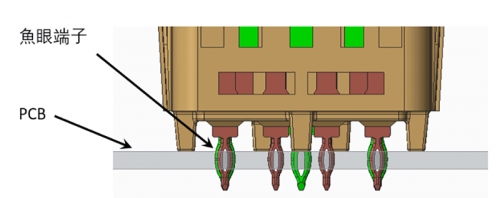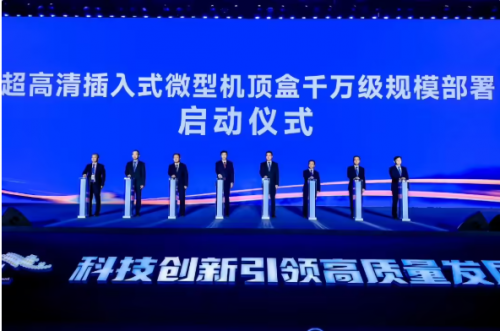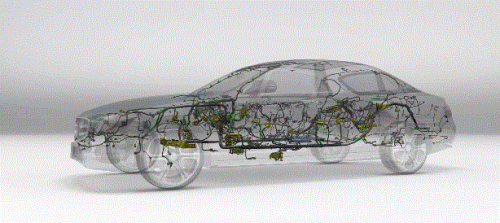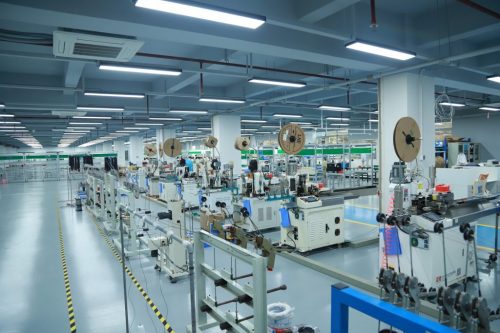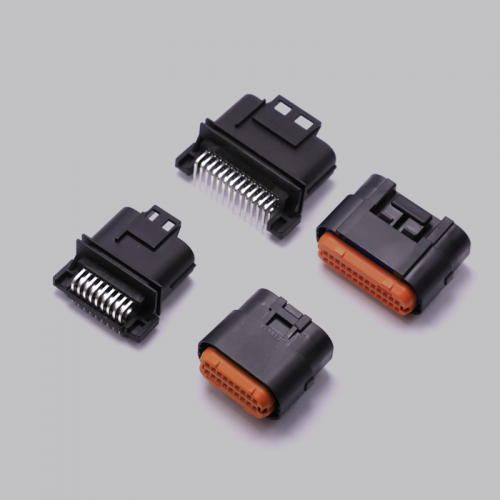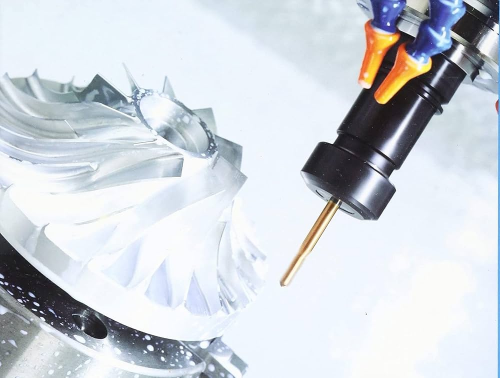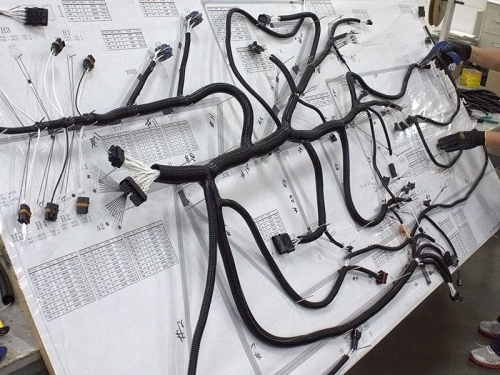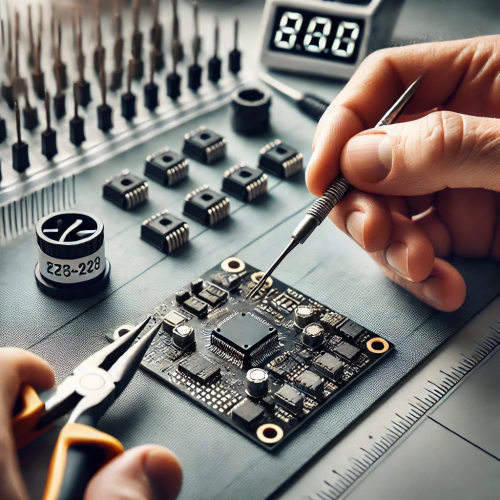Durability and reliability
Continuous bend control cables play a key role in industrial environments. Its design allows flexible cabling in small spaces and accommodates complex equipment movements. The service life of continuous bend control cables is significantly extended compared to conventional cables. Test data shows that the continuous bend control cable can withstand more than 5 million bending cycles, while the number of cycles of traditional cables is usually around 1 million. This durability makes continuous bend control cables excellent in applications with high frequency motion.
Oil resistant
Oil is used as a lubricant or coolant in various industrial machines, and its presence will pose a great threat to the operation and life of flexible cables. Not all insulation materials used in industrial cables react the same way when exposed to oil. The formulation of a material is a key factor affecting its response. A key factor in insulation materials is the presence of plasticizers, which provide flexibility and fatigue resistance.
Depending on the insulation material, the oil will be absorbed, or the plasticizer will bleed out. In both cases, the tensile properties of the insulation material (such as flexibility) will be greatly reduced. The process is as follows (Figure 1):
First, when the oil comes into contact with polyvinyl chloride (PVC) or polyolefin insulation compounds, it reacts with the plasticizers.
If the insulation material is polyolefin, the oil will be absorbed, causing swelling and weakening the insulation properties.
If the insulation is PVC, the oil can cause the plasticizer to seep out, causing the insulation to harden.

Figure 1: When oil contacts cable insulation (left), it causes the polyolefin to swell and weaken (center) and it also causes the polyvinyl chloride to lose some of its plasticizer material, making the cable stiffer (right). (Image credit: Lapp)
Cables used in continuous flexing applications must meet two levels of UL oil resistance testing requirements:
- Class I Immerse the cable in oil at 100°C for four days. The cable must retain 50% of its unaged tensile strength and 50% of its unaged elongation.
- Class II Expose the cable to oil at 75°C for 60 days. The cable must retain 65% of its unaged tensile strength and 65% of its unaged elongation.
Flame retardant
Continuous bending control cables usually have good flame retardant properties. The material is specially treated to effectively reduce the spread of flames in the event of a fire. The use of flame retardant cables can reduce the risk of fire in industrial environments and protect the safety of equipment and personnel. This is particularly important in many high-risk industries, especially in the fields of petroleum and chemical industries.
Adaptability in harsh environments
In harsh environments such as high temperature, high humidity or strong vibration, continuous bending control cables show excellent adaptability. Special materials and structural design make them more resistant to chemicals and oil pollution. This feature is particularly important in industries such as metallurgy and chemical industry. Compared with ordinary cables, the maintenance cost of continuous bending control cables is reduced, which saves the company’s operating expenses in the long run.
Application Case Analysis
In application cases, automated production lines often use continuous bending control cables. A factory uses this cable to connect robot arms, reducing downtime caused by cable failures. By using continuous bending control cables, the operating efficiency of the equipment has increased by 15%. In addition, CNC machine tools also benefit from this cable. Under high dynamic requirements, traditional cables often break, while continuous bending control cables ensure stable signal transmission and improve processing accuracy.
KONNRA Connector Solutions
KONNRA Connectors offers a variety of continuous bending control cable products to meet the needs of different customers . Products include different cross-sectional areas, sheath materials and connection methods to adapt to various industrial application scenarios. Whether it is high-frequency movement or complex environment, KONNRA Connectors can provide customers with suitable solutions to ensure the stability and efficiency of equipment operation.


